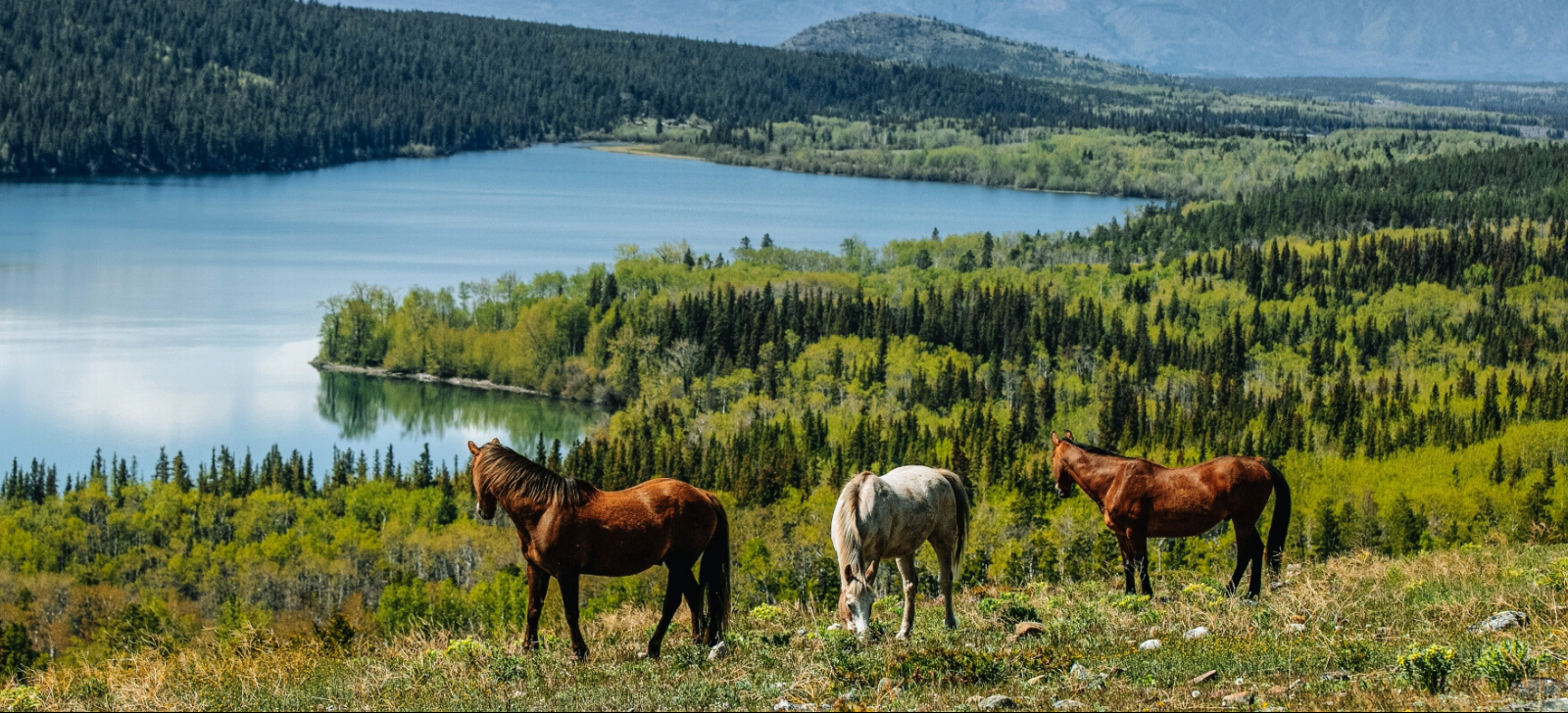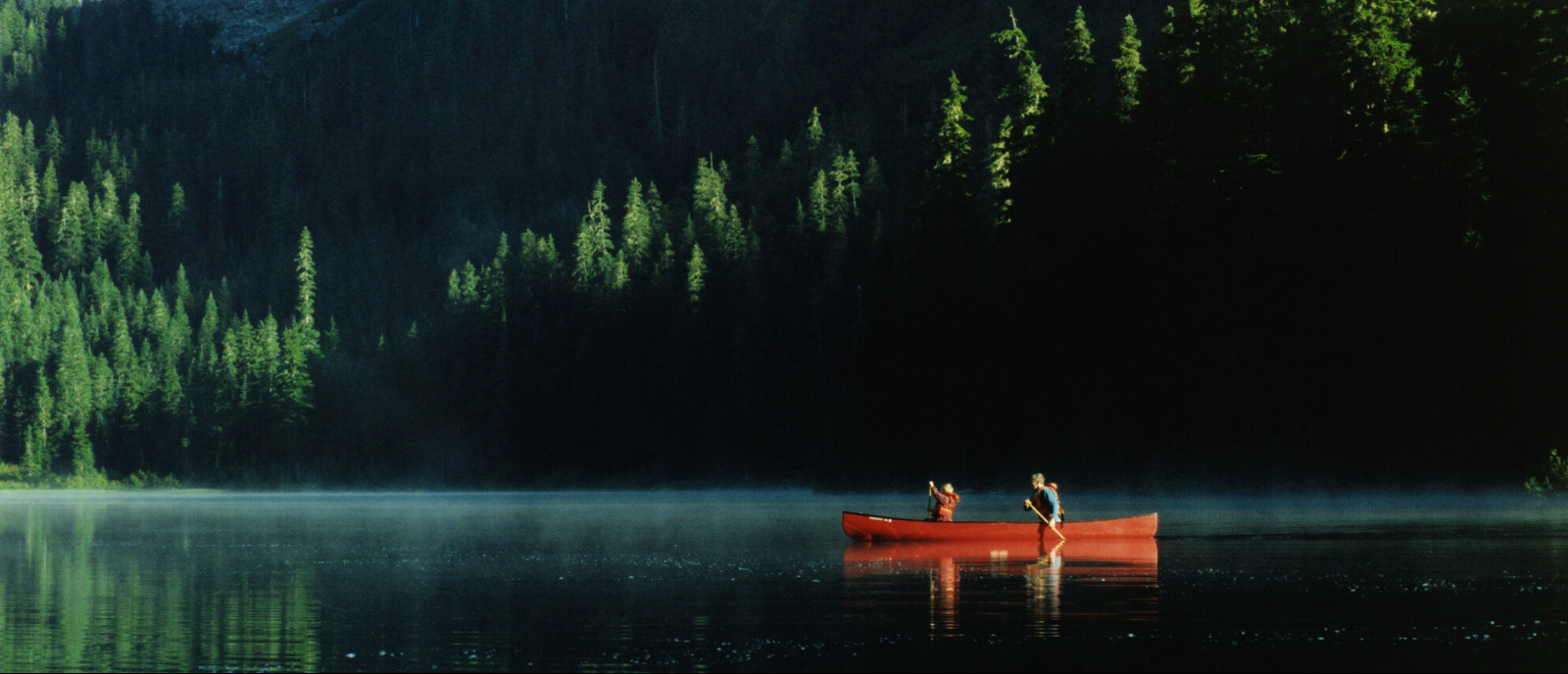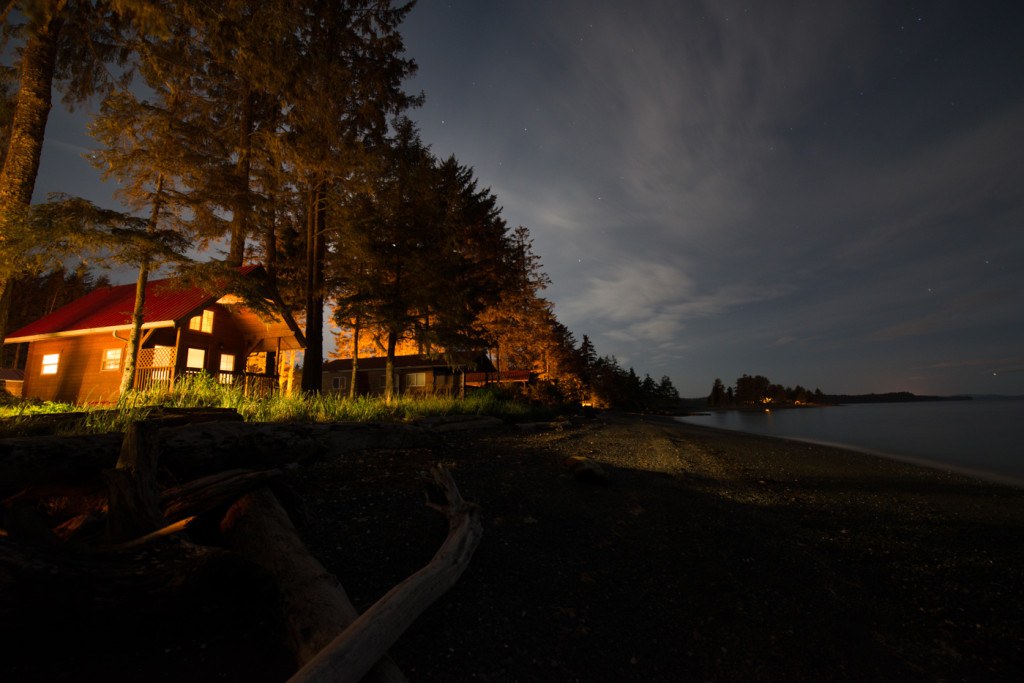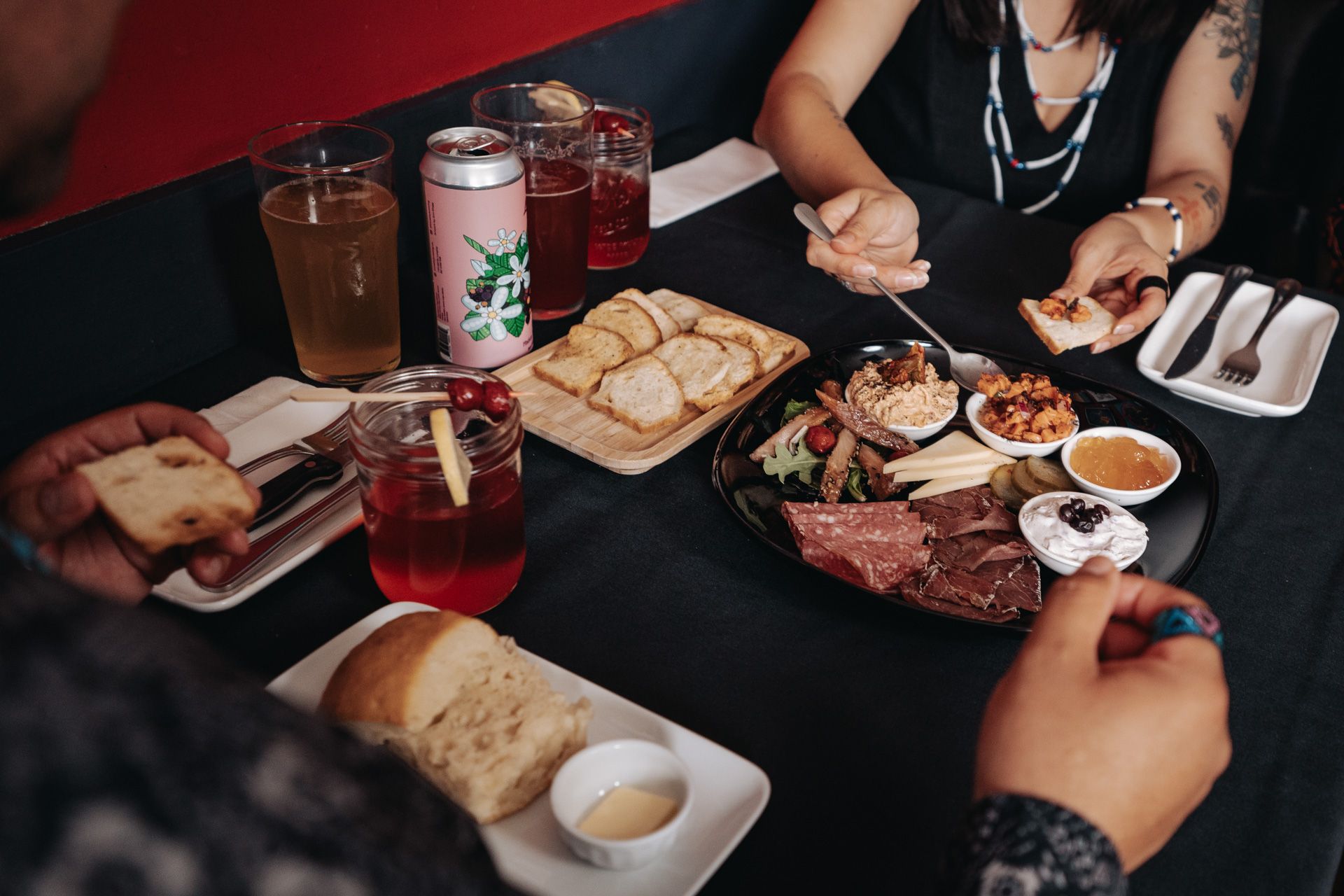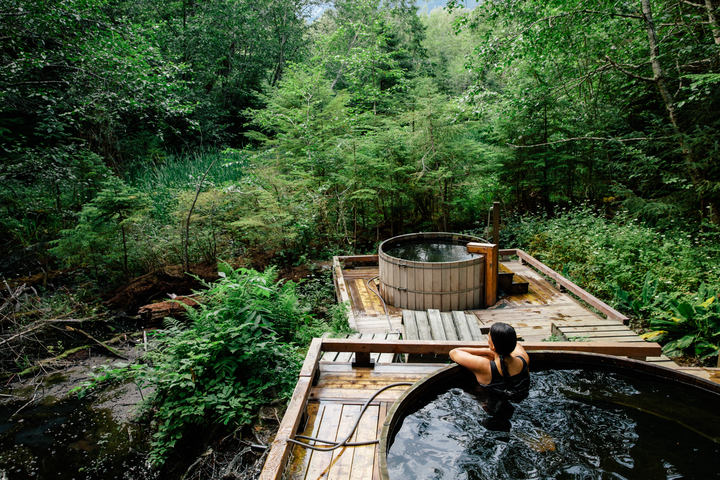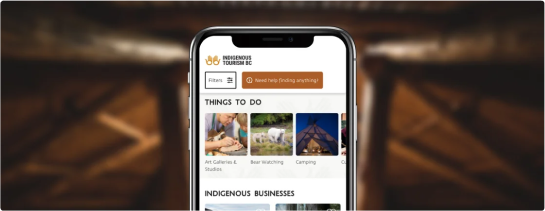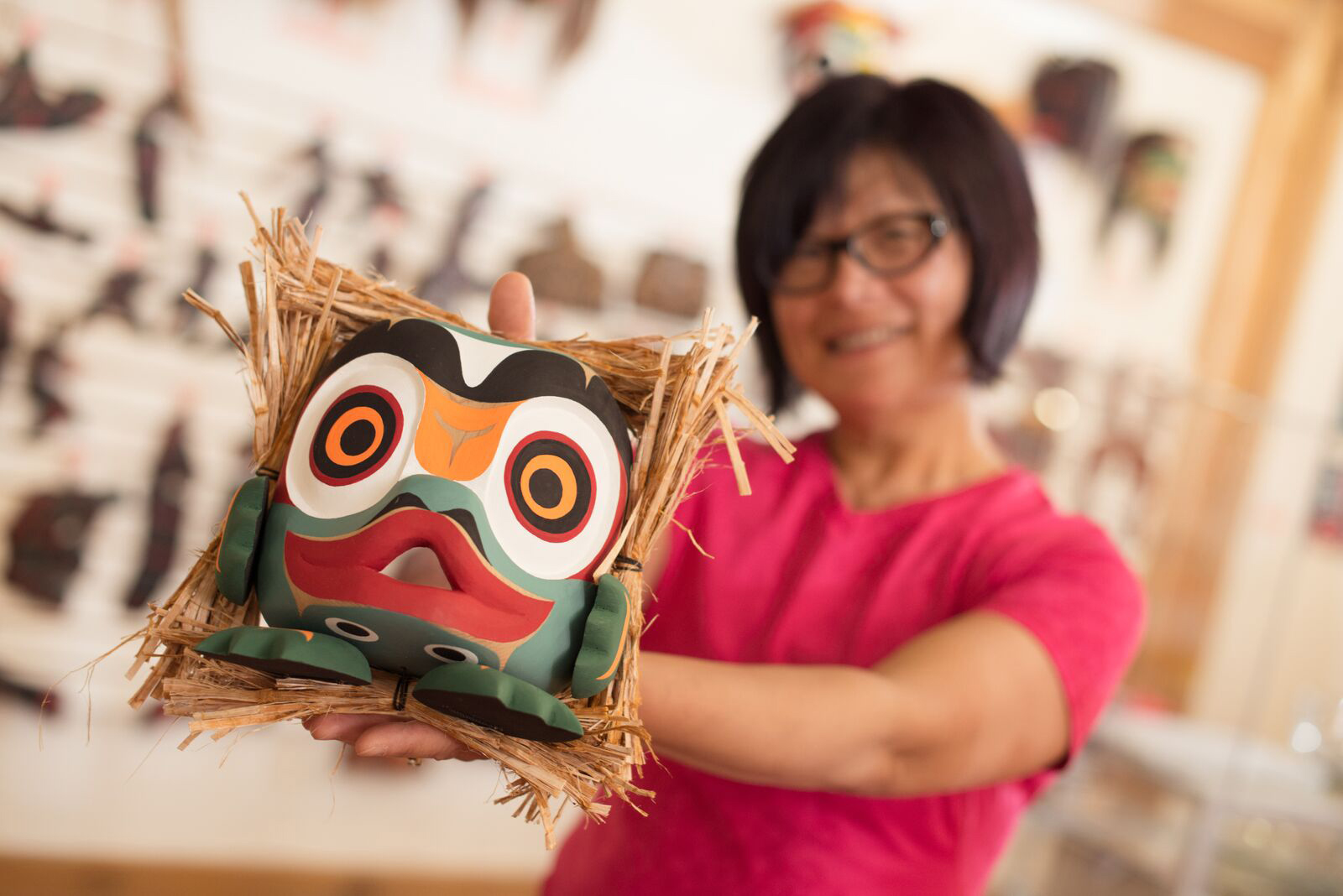
Guest Writer Kim Gray of Toque and Canoe
As a travel writer with a special interest in British Columbia, I’ve been watching and frequently writing about what is essentially an Indigenous tourism boom happening right now across the country. It’s an exciting time, and from what I’ve observed, the resulting ripple effect seems like a win-win for everyone. To break it down, here is a list of reasons to love Indigenous tourism in Canada.
1. Community-minded
James Cowpar of Haida Style Expeditions says there was a day when a world-class fishing trip to Haida Gwaii meant flying into and out of a remote lodge with no contact with local people. Today, thanks to the development of Indigenous tourism, Cowpar, a member of Haida Gwaii’s Tsaahl Eagle Clan, says travellers to this remote and beautiful archipelago have more options. “We want to provide local context. Haida Style is community-based tourism. What does that mean? Dollars spent on us are also spent on the berry pickers who pick berries for our salads,” says Cowpar, who runs Haida Style Expeditions with his twin brother. “We don’t have a scripted approach. We’re not selling, we’re sharing our culture. We may take you to an ancient village site, but you’re going to meet someone who has lineage from that site. You’re going to visit our traditional fishing spots. You’re going to learn about the significance of wild salmon. And we will treat you like family. Chances are, you’re going to want to come back and visit us again.”
2. Supporting Indigenous Expression
I recently took a tour with my daughter courtesy of Talaysay Tours’ Candace Campo. She led us through the city’s cherished Stanley Park as part of a 90-minute “Talking Trees” experience. As we wandered through the urban forest, the natural born storyteller from the shíshálh (Sechelt) Nation shared fascinating stories of ancient and living Indigenous connections to trees. “We are the land, and the land is us,” explained our guide, while pointing out uses of Western Alder (burned wet to smoke salmon, making the fish taste so good “you’ll never want it any other way”), Western Hemlock (its branches once used as bath towels) and Red and Yellow Cedar (sourced historically for shelter, dug-out canoes, clothes and tools and revered, even today, as trees of life.) We were grateful to spend time with someone whose people have existed on the Northwest Coast for millennia. And Campo? She was happy because she gets to share her culture for a living. “Sometimes, I pinch myself. I’ve always had an understanding that I would work on behalf of my people, because that’s how we’re raised,” she says. “Now I’m actually doing it. We have stories to share, the stories of our ancestors. When these stories pass through us, they enrich our lives and strengthen our spirits.”


3. Travel that Transforms
Not long ago, I had an extraordinary experience with a fellow traveller at Spirit Bear Lodge, owned by the Kitasoo Xai’xais First Nations community and located near Klemtu on the central B.C. coast. The moment we arrived at the remote lodge after travelling from Calgary, my travel mate announced that she felt an immediate sense of calm. After four days of adventures that took us through a region that is so wildlife-rich it’s been called Canada’s Galapagos (check out our bellyflopping spirit bear video here), she noticed that all of her city-life stress had fallen away. “Coming here for many visitors is transformative. Their heart rate can actually drop,” says John Czornobaj, who works as the lodge’s general manager. “People draw strength from their experiences with us. They often cry when they leave, because they know they’re leaving something really special.”
4. Reconciliation, Economy, and Environment
Indigenous-led tourism provides opportunities for non-Indigenous visitors to comfortably meet and engage with communities they might not otherwise connect with. “Communities whose cultures are unique in the world. Everyone has so much to gain. And anyone who knows Canada’s history, knows there is a dark past with respect to the treatment of Indigenous peoples,” says John Czornobaj of Spirit Bear Lodge. “For this country to heal, awareness among non-Indigenous Canadians is critical, as opposed to continuing to be willfully ignorant.” Beyond life-changing guest experiences and windows for education and reconciliation, Czornobaj points to the employment, pride of culture and overall economic benefits that Spirit Bear Lodge has brought to the Kitasoo Xai’xais community, not to mention the operation’s eco-friendly nature. “Until now, many primary economies have been based exclusively on extraction of natural resources,” says Czornoboj. “Indigenous tourism can provide sustainable alternatives for making a living.” What’s more, he says, after intimate “experience-of-a-lifetime” encounters with wildlife, visitors are likely to return to their homes throughout Canada and beyond caring more deeply about the plight of the natural world.
5. Connects Travellers to British Columbia, to Themselves and to Others
I can say confidently that Indigenous tourism in this province is enriching my own sense of British Columbia. I’m grateful for people like Talaysay Tours’ Candace Campo — whose ancestral name is “xets’emits’a” meaning “to always be there” — who have the desire to share their stories. Since my time with the tour operator, I’ve been encouraging others to sign up for experiences themselves. I know they won’t be disappointed. “I see the forest as a living, highly functioning, spiritual ecosystem,” says Campo. “The forest is one of the things we need the most for our own health and wellness. We all have Indigenous roots at some point in our ancestry. We all stand to benefit from nature.” She’s convinced that people everywhere are starving for connection to the land, and to each other. Perhaps this is yet another reason to love Indigenous tourism in Canada — the promise of new friends and allies in a country and on a planet that could use now, more than ever, a little extra love and understanding.
